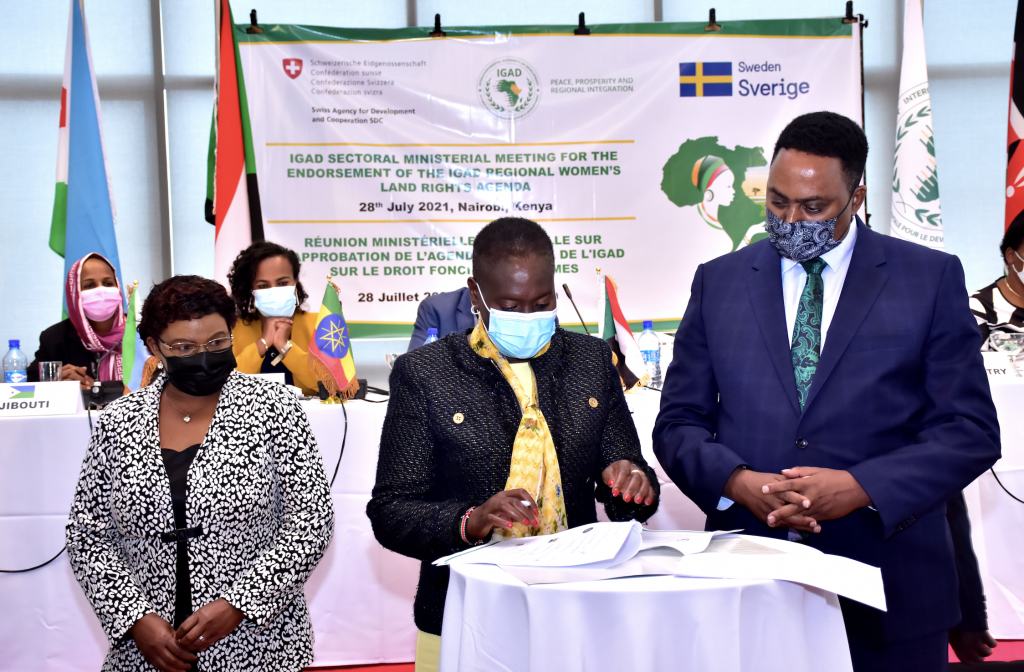The Intergovernmental Authority on Development (IGAD) has endorsed the Regional Women’s Land Rights Agenda in a bid to curb the challenges of gender equality on land from a regional perspective.
This will support the implementation of the “AU Declaration on Land Issues and Challenges in Africa toward The Africa We Want and Leaving No One Behind”, which is a framework document that will enable the IGAD Secretariat to provide support to Member States in implementing gender and land projects for the next 10 years.
The bottom line is that, seven member countries that include Kenya, Uganda, Sudan, South Sudan, Djibouti, Somalia and Ethiopia will now limit challenges that women face as far as land ownership is concerned.
It is unfortunate that traditionally, women were not allowed to have title deeds in their name. Men were always in charge. But in an era where there are families where women play the roles of “father and mother”, it is necessary to recognise the current dynamics.
Lands Cabinet Secretary Farida Karoney says individual member states must rise to occasion and address land issues and challenges through comprehensive people-driven policies and reforms in which women’s rights to land are ingrained.
“Ministry of Lands and Physical Planning, in collaboration with IGAD, has held consultative meetings with key stakeholders to draw out Kenya Women’s Land Rights Agenda. Consensus building has been done on outstanding women land rights challenges and prioritisation of the key issues,” said Karoney.
By giving mandate to IGAD to provide technical guidance to member countries, monitor land sectors’ progress, and promote regional land policy harmonization and women’s land rights, the African Union has done a great job.
The union’s declaration also gives mandate to member states to promote land sector interventions that tackle underlying causes of tenure insecurity including through securing and protecting all tenure rights, increasing transparency in land administration, and promoting equal access to land for all land users.


